The government of German Chancellor Olaf Scholz lost a vote of confidence in the German parliament on Monday, opening the way for snap elections on 23 February 2025.
German lawmakers voted to dissolve the existing government by a vote of 394 to 207, with 116 abstaining, nine months before parliamentary elections were scheduled to happen.
German President Frank-Walter Steinmeier was forced to dissolve the parliament ahead of the new elections with the no-confidence vote.
The news comes after the governing coalition of France, the other leading power in the European Union, collapsed only a few weeks ago.
Scholz, who has led Germany since December 2021, is the most unpopular chancellor in the post-war era, as Europe's largest economy continues to implode over high energy costs caused by the war in Ukraine.
The chancellor warned members of the Bundestag, the German parliament, before the December 16 vote that "politics is not a game." .
Scholtz said it is now up to voters to "determine the political course of our country," which faces the fourth snap election in German history in the 75 years since the end of the Second World War.
Analysts said that the chancellor expected to lose the vote when he was forced to call for it last week and is betting that his minority government will theoretically be in a stronger position after the early elections.
Scholz’s three-party coalition in the German parliament collapsed last month after serious internal infighting, leaving him with a lame duck minority government, which lacks the votes to pass laws or a budget.
The three-party coalition consisting of the SDP, the Greens, and the Free Democratic Party (FDP), fell after Scholz sacked his government's finance minister over how to revive Germany's stagnant economy.
The former finance minister, Christian Lindner, leader of the Free Democratic Party (FDP), pulled his party out of the coalition, leaving the two remaining coalition partners without a majority in parliament.
Lindner blamed the coalition's failures on its inability to find solutions to boost the German economy, which has turned the majority of voters against them.
Scholz's Social Democratic Party (SDP) is falling far behind in opinion polls, as the conservative Christian Democratic Union (CDU) led by Friedrich Merz is surging ahead in what looks to be a fiercely fought election campaign.
In the meantime, his government continues to find ways to suppress the rising right-wing populist party, Alternative für Deutschland (AfD), which is causing trouble for Germany's mainstream political establishment.
Some in the German establishment worry that snap elections may unintendingly favor the AfD, which has been winning over voters disaffected by the nation's current dysfunctional political class.
Although most established parties in Germany have stated that they would refuse to enter a coalition with the AfD, analysts say they may be forced to reconsider if the voters demand it.
Despite the CDU leading in most polls, there is no clear frontrunner going into snap elections for February, while Scholz's hopes of winning a governing majority after the snap election are slim, but not impossible.
Germany's seven largest parties will go into the special elections with a solid chance of gaining seats, while Scholz is widely expected to lose his position as chancellor.
After the February elections, a new government will be formed when the majority parties agree on a coalition, which is expected by April or May.


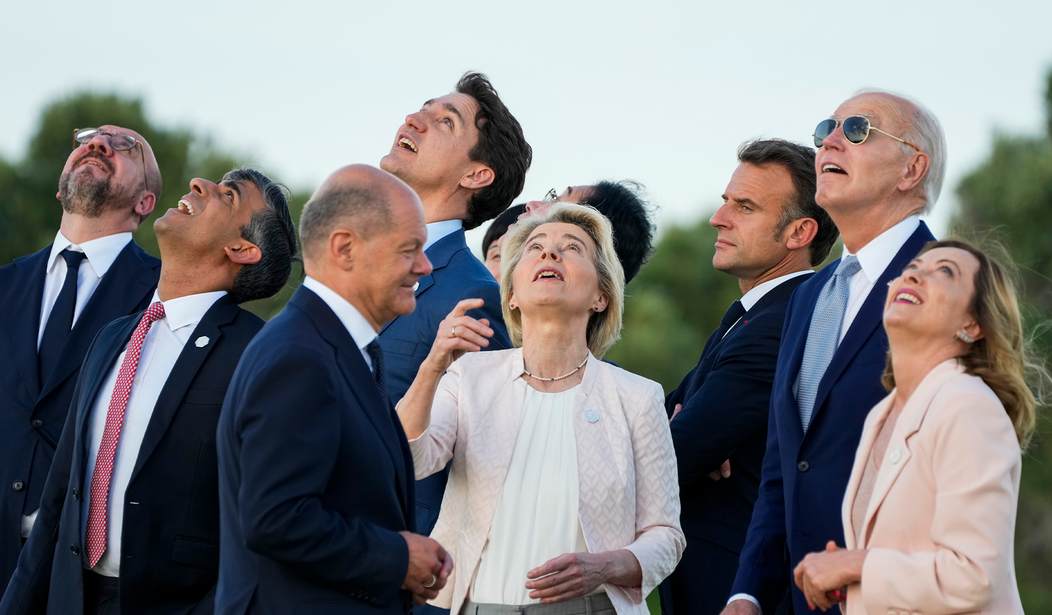
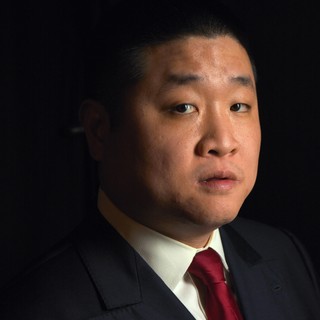


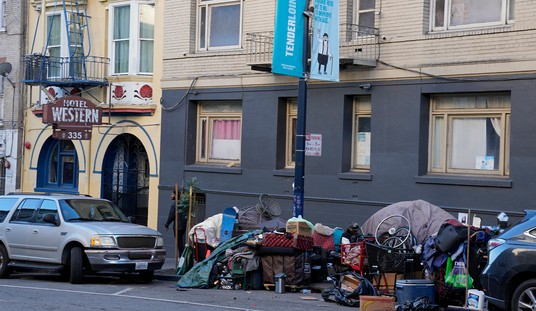
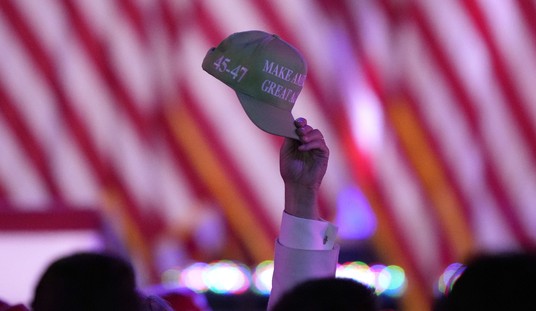
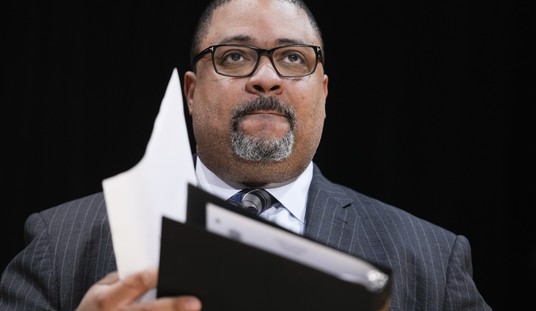
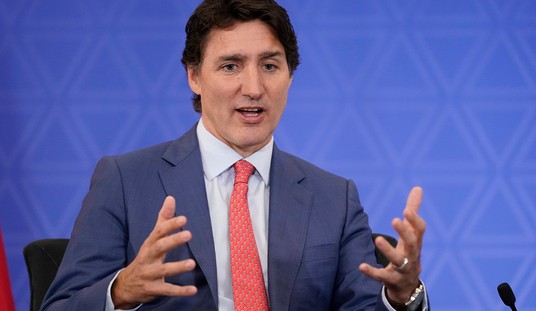
Join the conversation as a VIP Member